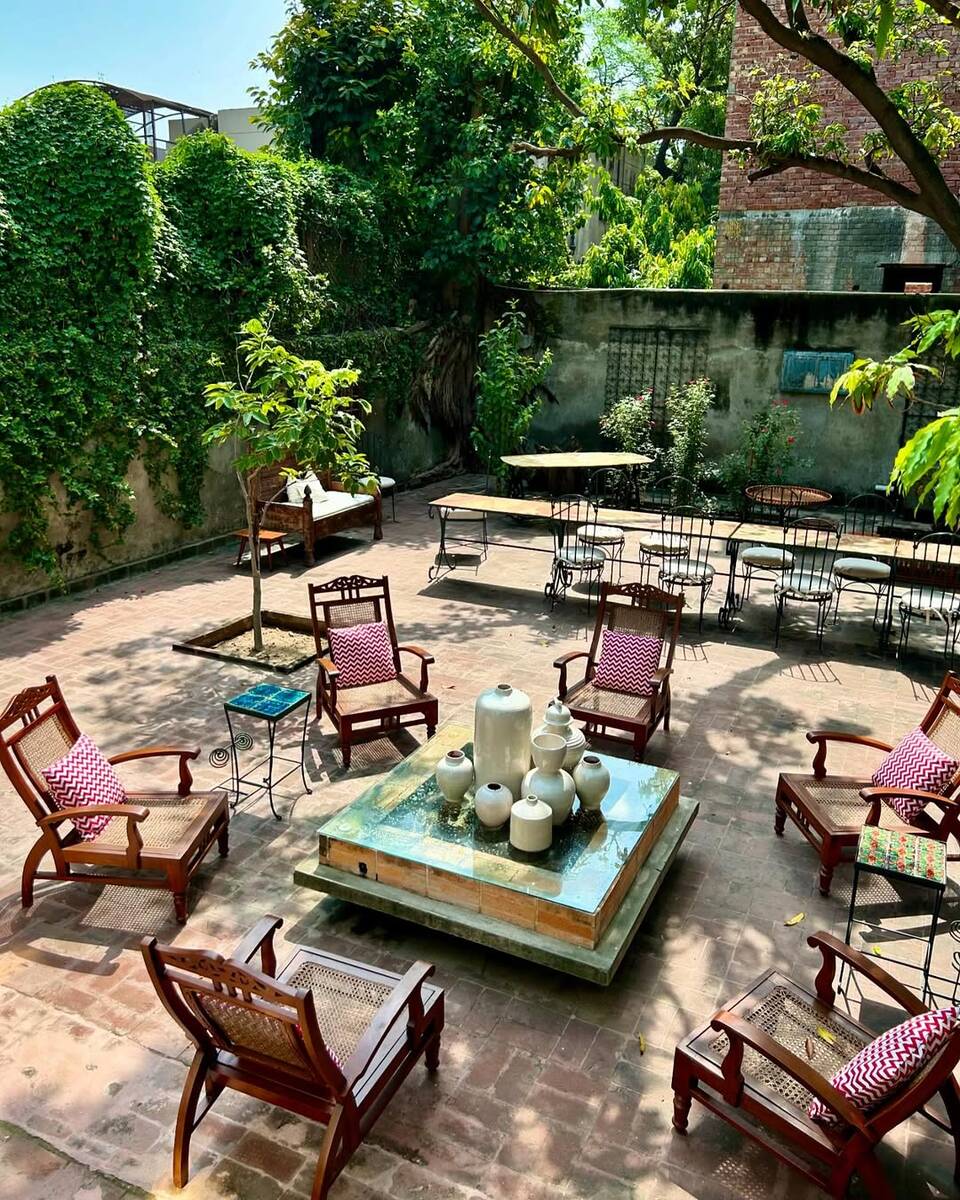ISLAMABAD: A senior health official told Arab News on Saturday the government was willing to procure any coronavirus vaccine that got international approval, though he said that the process was going to take time and the country would only be able to import antiviral shots after its completion.
“We will try to get any vaccine which is approved by international regulatory authority,” a top official at the National Institute of Health told Arab News on condition of anonymity since he was not authorized to speak to the media on the issue.
“We are talking to all manufacturers to get the vaccine at the earliest,” he continued. “While the companies have announced their results, however, the vaccines still need to be peer-reviewed. We are expecting the process to complete by January 2021.”
Officials told Arab News earlier this month that the government had allocated an initial funding of $150 million to purchase sufficient doses of COVID-19 vaccines, adding it was negotiating with different companies while declining to name them.
They also maintained that the allocation would be increased if necessary.
However, experts warn that some of the vaccines may not be too suitable for the local environment.
“I hope the government goes for a vaccine which does not have a storage problem,” Dr. Atta-ur-Rahman, a leading scientist, said while talking to Arab News.
He added that some of the genetically encoded vaccines had hefty cold chain requirement of minus 70 degrees and could prove expensive.
Such vaccines have been prepared by pharmaceutical corporation like Pfizer, BioNTech and Moderna, and use a new method of injecting genetically modified RNA into human body, instead of devitalized viral material, to immunize people against the virus.
“Chinese vaccines can be a better option since they will be much cheaper and likely to cost less than Rs1,000 [$6.30] per dose,” Atta-ur-Rahman said. “The western vaccines can be expensive and cost up to Rs15,000 [$94] per dose.”
Last week, Chughtai Lab, a private concern, announced it had signed a memorandum of understanding with Pfizer to establish vaccination centers across the country to improve its future availability.
“Pakistan is behind in covid vaccine,” Dr. Omar Chughtai, director operations of the pathology lab, told Arab News. “Even if we procure the vaccine, there is no proper infrastructure in place right now to provide it to the masses at their doorstep.”
“We will establish around 30 vaccination centers of international standard in different parts of the country with proper arrangement for storage of vaccine," he continued.
Chughtai also emphasized that Pakistan should bring the vaccine that becomes available at the earliest, adding that his company’s infrastructure would help store these vaccines and administer them to the public.
“There is not a single covid vaccine which has been approved so far including the Pfizer vaccine. Once these vaccines are approved, we will try to bring them to Pakistan,” he said.
Dr. Javed Akram, vice chancellor of the University of Health Sciences, said the government should prefer the vaccines which have been tested on Pakistani subjects.
“We need to test vaccines in pilot studies among Pakistani population for tolerability, efficacy and safety. The vaccine which will pass these tests will be best suited for our population,” Akram told Arab News.
He said that while vaccine storage at low temperatures would not be much of an issue for big hospitals, it could prove problematic in small cities.
Asked about the vaccine trials done at his university, Akram said: "We are doing CanSino vaccine trial that will conclude in a few weeks. We have given it to 7,000 volunteers in the last six weeks. The results are safe and well tolerated, but we have to check the durability of antibodies and that is currently being supervised."


















